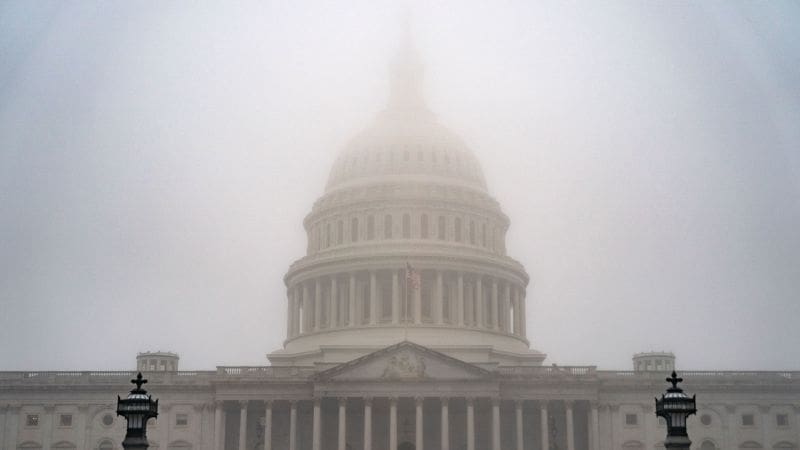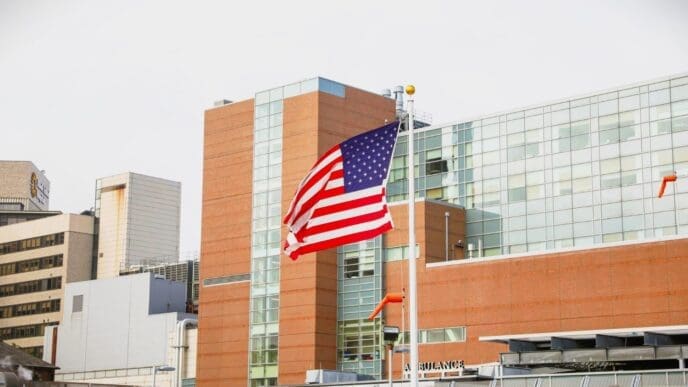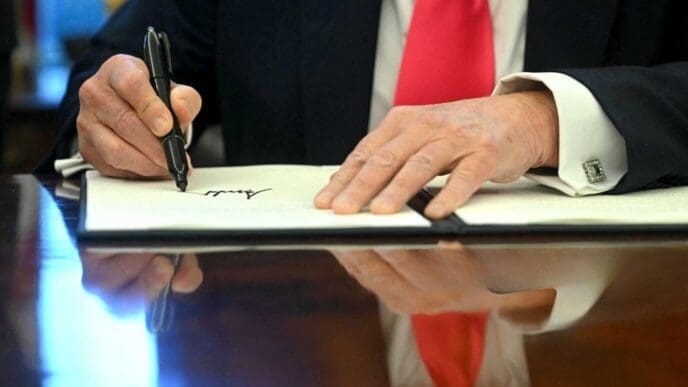Amid concerns of a potential government shutdown, a significant spending bill was introduced by House Speaker Mike Johnson. This bill, if approved by both the House and Senate, aims to secure funding for the federal government until mid-March. The proposal boasts bipartisan support and includes a range of financial provisions designed to address pressing national issues.
The centerpiece of the bill is its substantial allocation for disaster relief, following a year marked by a series of severe natural disasters. Nearly $100 billion is earmarked for aid, aligning with a request from the Biden administration. Specifically, $29 billion is designated to augment FEMA’s Disaster Relief Fund, depleted after significant responses to hurricanes in the Southeast. Moreover, the bill provides $2.2 billion for the Small Business Administration’s disaster loan program, $21 billion in relief for farmers, $3.5 billion in grants for water system repairs, $12 billion for HUD disaster relief, and $8 billion for federal highway and roads restoration.
Farmers, who have faced economic challenges due to fluctuating commodity prices and increasing costs, are slated to receive $10 billion in aid. This support extends through a one-year continuation of the agriculture-related farm bill, ensuring its coverage until September 2025.
Additionally, reforming pharmacy benefit managers (PBMs) is a key focus. These intermediaries between drug manufacturers and insurers will be mandated to provide transparency regarding rebates, payments, and pharmacy compensation. The reform seeks to eliminate practices such as ‘spread pricing’ and adjust payment models to benefit the Medicare Part D program. The PBM industry contends that such measures might hamper their cost-reducing capabilities, possibly increasing premiums for seniors.
The funding legislation also facilitates the rebuilding of the Francis Scott Key Bridge in Maryland, damaged by a cargo ship incident. The federal government will cover replacement costs estimated to be as high as $1.9 billion, with provisions to recoup funds from related settlements.
In a noteworthy move, the bill fortifies Washington, DC’s control over the land surrounding the RFK stadium, potentially paving the way for the Washington Commanders’ relocation back to the capital from Maryland. This decision follows the satisfaction of several demands by Maryland leaders, including complete federal funding for the Key Bridge replacement.
For lawmakers, the bill proposes the first pay raise since 2009, introducing an automatic cost-of-living adjustment. However, this is contentious, with some opposition from within Congress itself. Furthermore, it allows Congress members to opt-out of ACA health coverage in favor of enrolling in the Federal Employees Health Benefits Program.
Another significant component is the inclusion of federal measures against non-consensual intimate imagery, commonly known as revenge porn. This marks the first federal stance to criminalize such acts, mandating swift removal of infringing content by digital platforms upon demand.
The government funding bill addresses an array of critical issues through financial allocations and legislative reforms. By extending government operations through March, it provides a temporary respite from fiscal uncertainty. However, the bill’s diverse provisions underscore ongoing debates in Congress about disaster relief, agricultural support, healthcare reforms, and personal privacy protection. Its passage would mark a pivotal step in responding to various national challenges as the new administration takes shape.
Source: CNN













